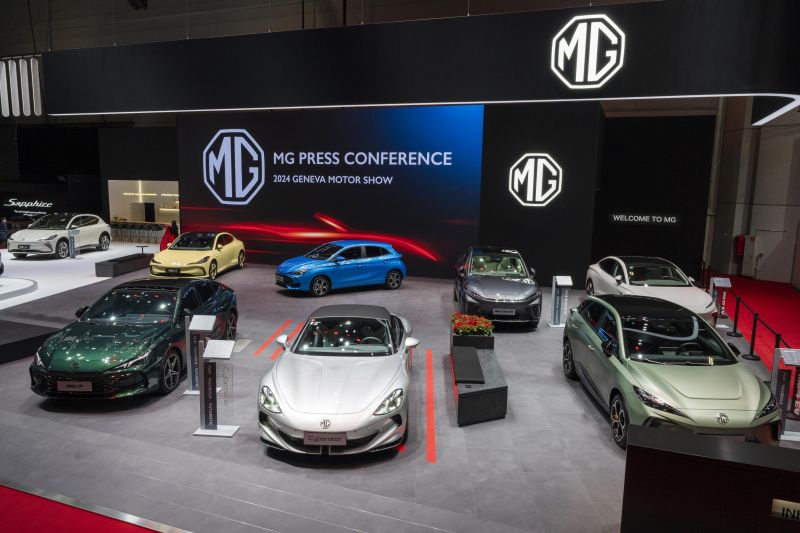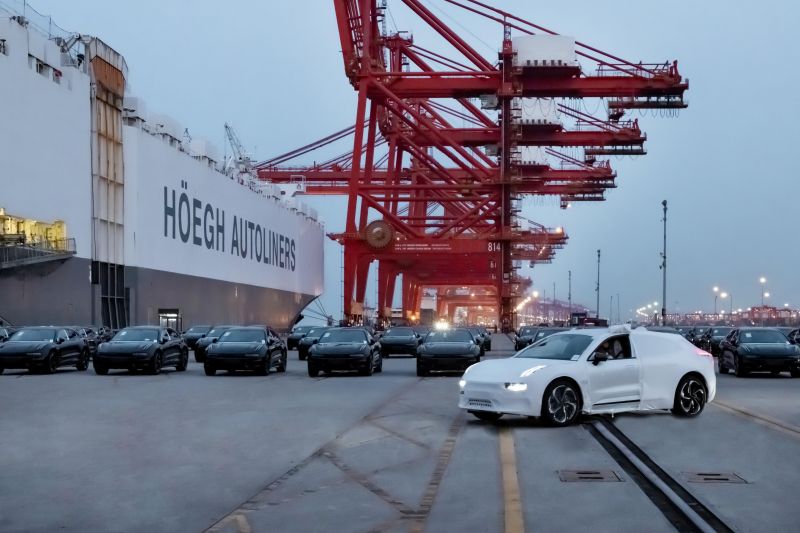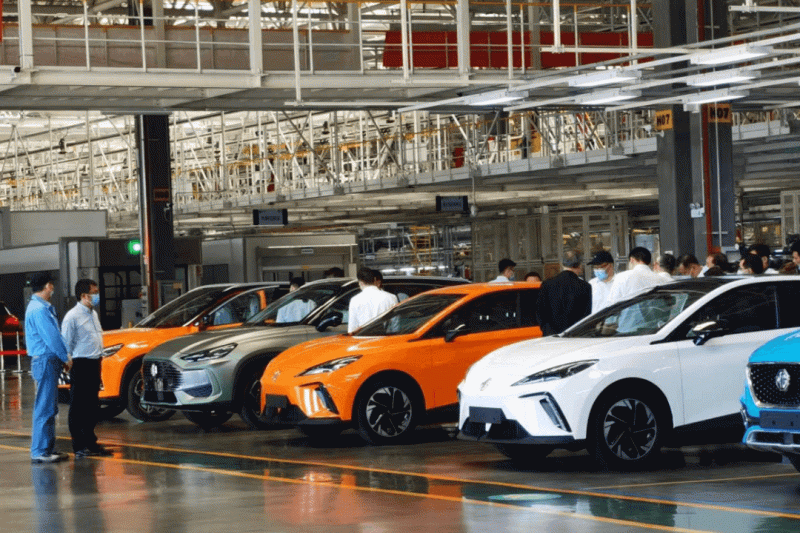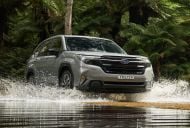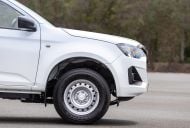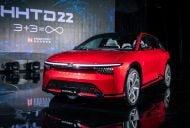Chinese brands will account for more than 30 percent of new car car sales by 2030, according to US consulting firm AlixPartners.
Research by the company found the global market share of Chinese carmakers will rise from 21 per cent to 33 per cent at the turn of the decade, with most of the growth occurring in foreign markets.
Domestically, Chinese brands are expected to own 72 per cent of the new car market in 2030, while sales are expected to boom in Russia, the Americas, the Middle East, Africa, Europe, and parts of Asia.
It’s likely to amount in a tripling of new Chinese cars sold overseas from 3 million this year to 9 million in 2030.
Through the 2023-24 financial year just three per cent of new cars sold in South and Southeast Asia had origins in China but that number is set to jump to 31 per cent.
Likewise, AlixPartners predicts sales of Chinese cars in the Middle East and Africa could skyrocket from eight to 39 per cent.
Chinese brands are predicted to make the biggest gains in Russia, increasing their market share from 33 per cent to 69 per cent.
“The revolution taking place in the global auto industry is driven by the incredible and once unthinkable maturation of Chinese automakers that do a number of things differently,” says AlixPartners partner and managing director, Andrew Bergbaum.
“Chinese brands put a higher value on features customers can actually experience, such as design and in-cabin tech; they are ruthlessly focused on maintaining their cost advantage even as they build factories abroad; and they have built a considerable lead in emerging NEV technologies – including battery production.
“Those capabilities have captivated China and will eventually define the global marketplace.”
The report also chalks the sales growth of Chinese brands down to faster vehicle development times, a 35 per cent cost advantage, and higher consumer engagement.
AlixPartners forecasts the surging growth of Chinese manufactures will coincide with the ongoing transition towards electric vehicles (EVs) and hybrids.
Electrified vehicles including conventional hybrids (HEVs), plug-in hybrids (PHEVs), battery-electric vehicles (EVs), and hydrogen fuel-cell electric vehicles (FCEVs) are predicted to account for 45 percent of global new car sales by 2030, surpassing internal combustion engine (ICE) vehicle sales.
An influx of new Chinese brands will enter the Australian market from China in the next 12-18 months.
Some of the marques confirmed for our shores include Zeekr, Xpeng, Jaecoo, Leapmotor, GAC and Aion.
The rapid rise of China’s car industry has left legacy manufacturers ‘nervous’, according to Hyundai Australia chief operating officer, John Kett.
Mr Kett said that there are some brands that currently play in the top 10 in Australia that mightn’t be able to maintain that position in light of the new brand onslaught, and suggested some may be forced to cut prices to remain relevant.
“There’s no doubt [the incoming brands] will disturb pricing,” he said.
MORE: ‘Everyone is nervous’ about Chinese onslaught – Hyundai





